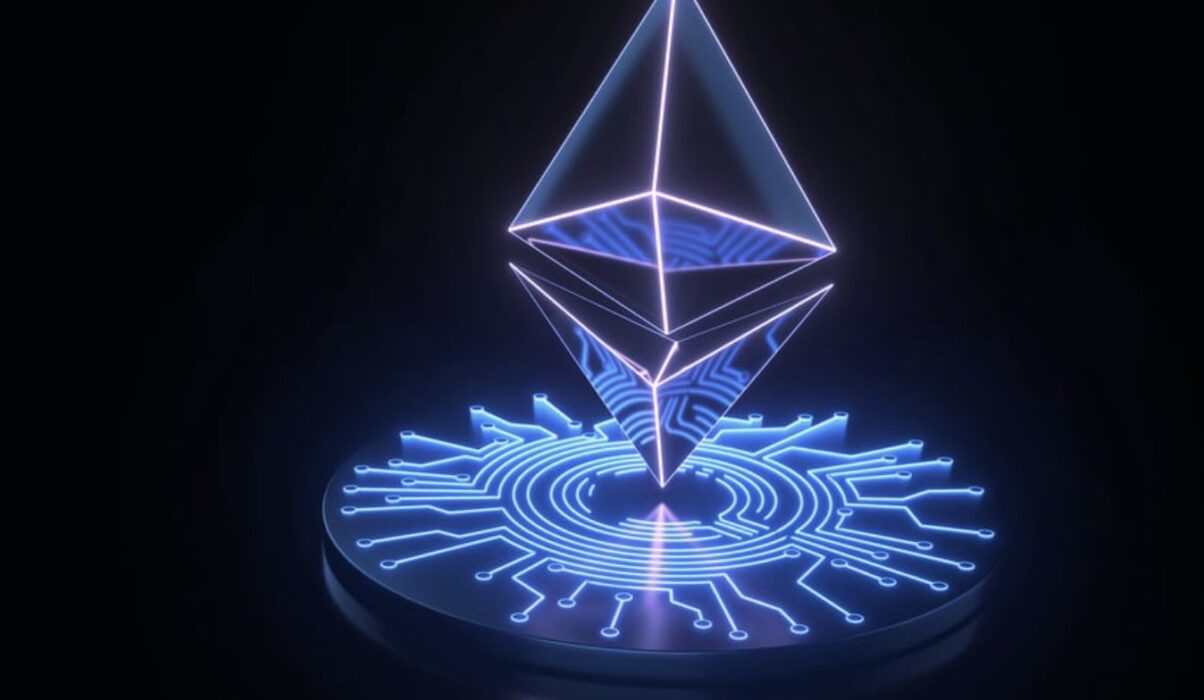On March 13, at 1:55 PM UTC, the Dencun update was successfully deployed on the Ethereum mainnet.The most anticipated hard fork since the Merge, Dencun is projected to improve Ethereum’s overall scalability and drastically lower layer-2 network transaction fees.According to Arthur Breitman, co-founder of the Tezos blockchain, while the Dencun improvement is a positive move, it won’t completely address the drawbacks of layer-2 solutions.He stated to Cointelegraph.
“The Dencun upgrade does the bare minimum to extend the data usable by rollups on Ethereum, which should lower transaction costs in these L2 solutions. This is a step in the right direction, but ultimately, rollups built on top of Ethereum remain very throughput constrained and are forced to adopt extreme centralization measures.”
The debut of Dencun occurs about a year after the Shanghai upgrade in April 2023, which allowed users to unstake their Ether for the first time following the Merge and the network’s conversion to a proof-of-stake network.
There are nine distinct Ethereum Improvement Proposals (EIPs) included in the Dencun hard split.The Cancun upgrade for Ethereum’s execution layer and the Deneb upgrade for its consensus layer are combined to form the upgrade’s name.The second component, Deneb, tries to enhance the consensus layer, or the process by which network users agree on the current state of the blockchain. The first component, Cancun, concentrates on enhancing the management and processing of transactions on the execution layer.The CEO and creator of Digital Finance Group, James Wo, claims that one of the most noteworthy aspects of the update is the addition of data blobs via EIP-4844, often known as proto-danksharding.He stated to Cointelegraph.
“[Proto-danksharding] aims to reduce layer-2 transaction fees by enhancing data availability, a crucial move toward establishing Ethereum as a scalable settlement layer.”
But according to a report published on March 6 by Max Wadington, a research analyst at Fidelity Investments, users of the Ethereum mainnet won’t be impacted by the promised cost reductions.He composed.
“In the short term, users who wish to benefit from this fee change must sacrifice some decentralization and security by transacting on L2s instead of Ethereum. This will certainly spur more users to bridge assets elsewhere. However, we strongly believe that transacting on Ethereum for application-specific purposes will still be considered the best option (especially for high-value transactions) in the medium term as L2 platforms continue to mature.”
On the Ethereum mainnet, gas fees are still very high—more than 72 gwei.Etherscan data shows that nonfungible token sales average $145.60 in gas, whereas an average swap would cost customers $86.15 in gas fees.


